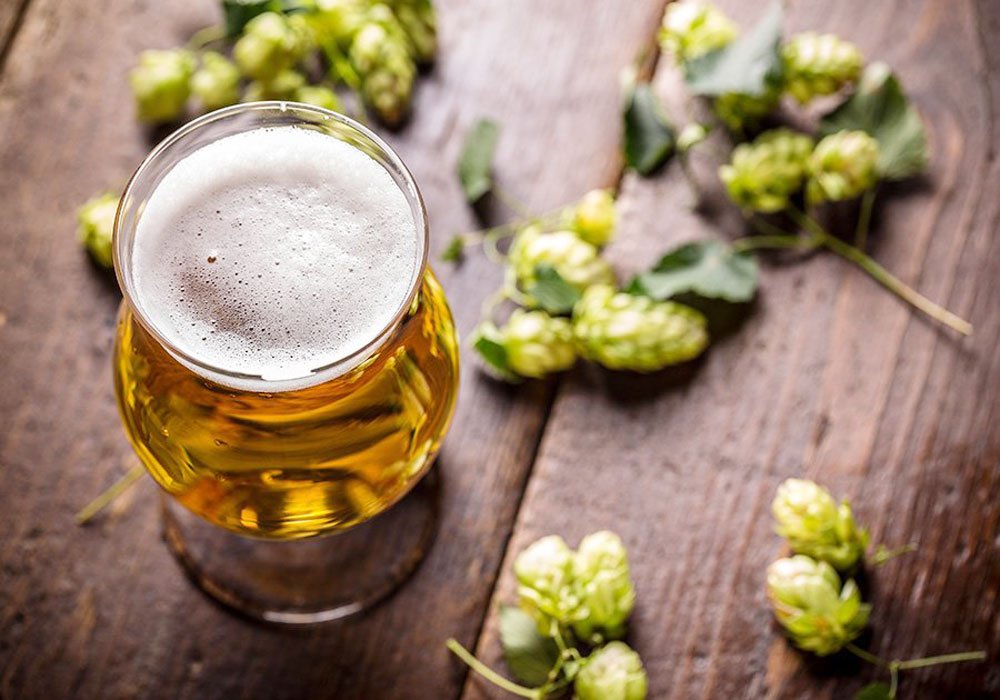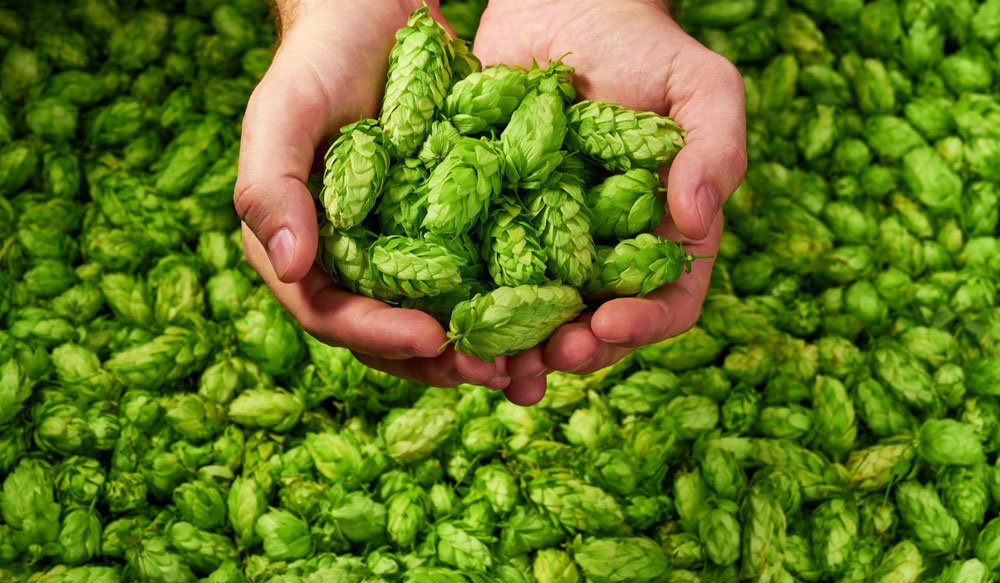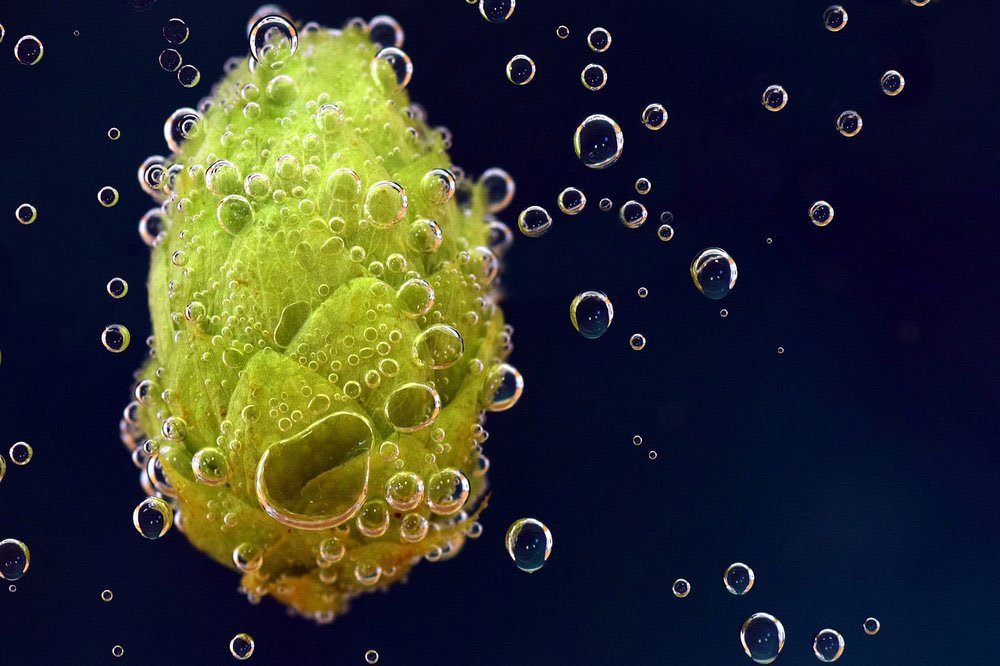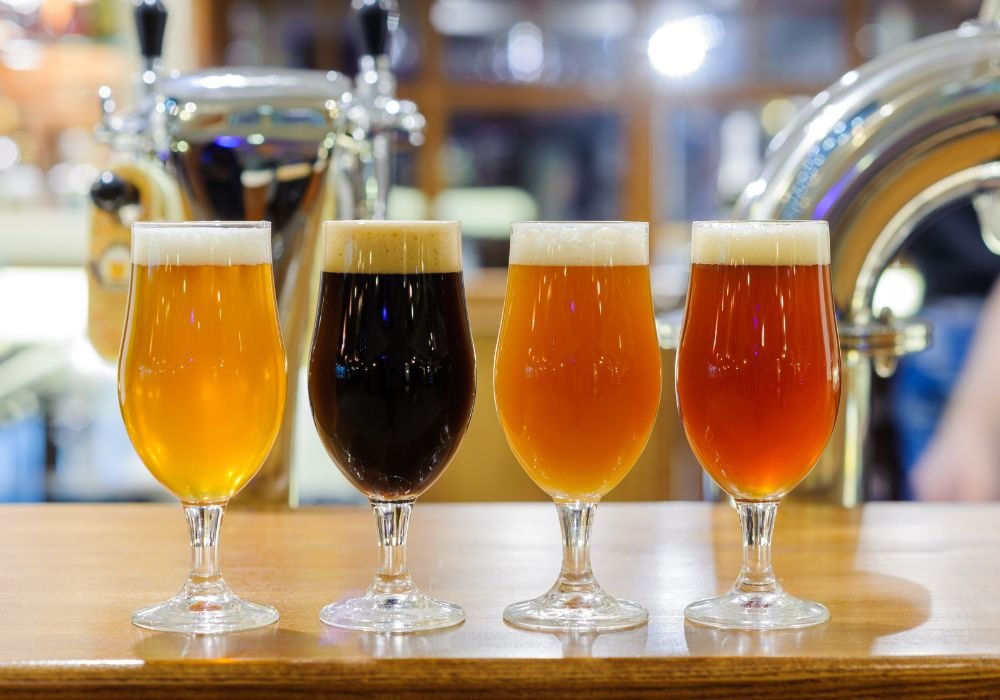What Is The Difference Between ‘Hoppy’ And ‘Bitter’?

From acidic and tart to floral and fruity to citrusy and sour – the world of craft beer has a wide variety of adjectives to describe the vast spectrum of flavours it has to offer. You’ll also come across the word ‘hoppy’ – a term that’s often used to highlight a beer’s bitter notes. Turns out, it doesn’t always mean ‘bitter’.
‘Hoppy’: Recognising and acknowledging the characteristics of hops in your beer

Hops aren’t all about bitterness. In fact, they can contribute a variety of flavours to a beer – such as earthy, piney, tropical, spicy, etc. Some variety of hops lend bitterness, but not always – as the final flavour output can vary from beer to beer.
‘Bitter’: A term used to describe beer that tastes…well, bitter!

The term ‘bitter’ is used to describe a sharp, biting flavour. Bitterness in beers is usually a result of the release of a chemical compound called Isohumulone from the hops added to the recipe. Brewers usually make use of this property of hops to balance the sweetness unleashed by the malt and the grains during the brewing process.
Since everyone has varying levels of sensitivity towards any flavour – bitter flavours in the same beer can differ from person to person.
The taste of a hoppy beer really depends on when the hops were added in the brewing process. The sooner the hops are added, the more bitter the beer. Off late, brewers have been observed dumping in large quantities of hops late in the brewing process so as to stop the hops from making their beer bitter. This helps clear the misconception between the usage of the terms ‘hoppy’ and ‘bitter’ to some extent.

While the ‘bitter’ flavour is traditionally believed to be a not-too-pleasant taste, bitter beers are actually some of the craft beer industry’s best creations and pair great with a wide variety of food. One can often tell how bitter their beer is just by checking out the International Bitterness Unit (IBU) on the label although this is not always completely accurate. The higher the IBU, the stronger the bitterness and vice versa.



